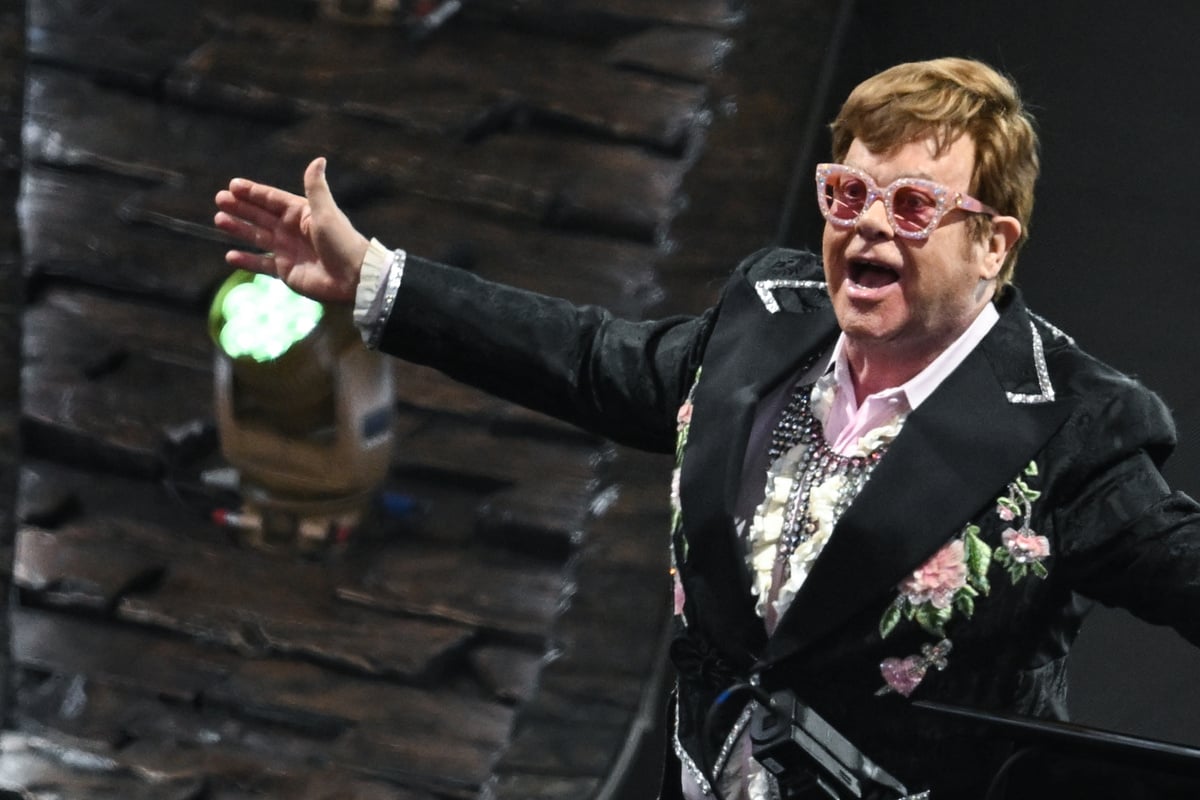by Jeff Mason and Jarrett Renshaw
(Reuters) – Joe Biden sat down with Jerome Powell on Tuesday to discuss high inflation, which is chipping away at Americans’ purchasing power, even as the President of the United States pledged to the Chairman of the Reserve federal government to respect the Fed’s independence in monetary policy.
“The President emphasized to Chairman Powell during the meeting what he consistently emphasized including today: that he respects the independence of the Federal Reserve,” said Brian Deese, Joe’s chief economic adviser. Biden, at the end of this interview which he described as “very constructive”.
Brian Deese also spoke of the “transition” the US economy is preparing for as the Fed has moved to raise interest rates to a level deemed more normal in order to constrain demand and ease price pressures. , which could contribute to slowing growth.
“We ran the first part of the race at a very fast pace which put us in a strong position compared to our peers but it’s a marathon and we need to switch to stable and resilient growth,” said the White House National Economic Council director. “We can in fact face inflation without having to sacrifice (…) all these gains (in the labor market).”
The meeting, the first between the two men since the Senate confirmed Jerome Powell for a second term as head of the US central bank, comes as rising prices for fuel, food and consumer goods brought inflation to a 40-year high in the United States.
In a brief intervention before the start of this meeting, Joe Biden said that it was for him to “discuss (his) first priority and that is to tackle inflation”.
His commitment not to try to influence the Fed, however, contrasts with the interventionist attitude of his predecessor Donald Trump, who regularly reproached Jerome Powell in public for the decisions of the Federal Reserve, even going so far as to threaten to sack him.
The Fed, which has raised interest rates a total of 0.75 percentage points since the start of the year, hinted that two half-point hikes were planned in June and July to lower the ‘inflation.
Some economists believe, however, that the Fed took too long, in the face of galloping inflation, to put an end to its ultra-accommodative policy.
(Report Jeff Mason, Steve Holland, and Jarrett Renshaw, with Trevor Hunnicutt and Ann Saphir, French version Claude Chendjou and Bertrand Boucey)
–


